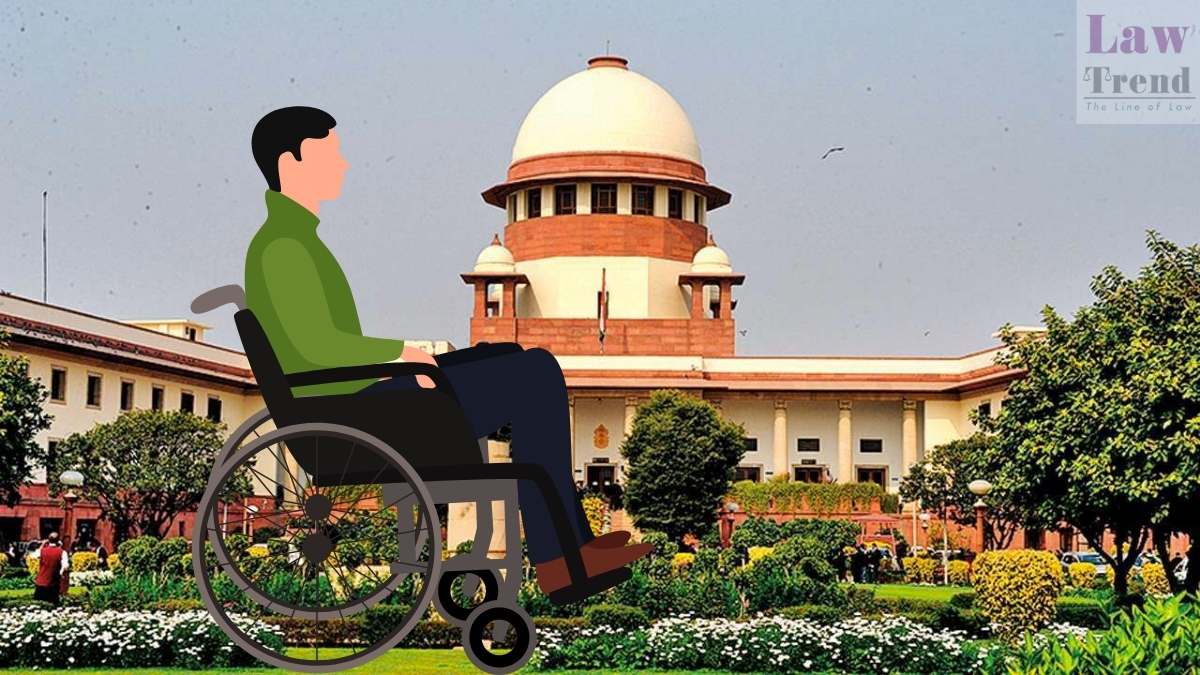A formidable legacy in securing disability rights reflects the tireless efforts of individuals, organizations, and movements that have fought for equality and inclusion for people with disabilities. The disability rights movement has evolved over decades, transforming from a fight for basic accessibility to a broader struggle for social justice, recognition, and full participation in society.

Source:- bbc news
One of the key milestones in this legacy is the passage of the Americans with Disabilities Act (ADA) in 1990, a landmark law that outlawed discrimination based on disability and required public spaces to be accessible. This legislation not only made physical spaces more inclusive but also advanced the idea that people with disabilities have the same rights to employment, education, and public services as any other citizens. The ADA set a global precedent and influenced similar laws in many other countries.
Source:- news 18
The legacy of disability rights also includes influential advocates like Justin Dart Jr., often referred to as the “father of the ADA,” whose activism led to crucial legal and social reforms. Organizations such as the National Federation of the Blind and the American Association of People with Disabilities have played instrumental roles in advocating for policy changes and raising public awareness about disability issues.
Beyond legal and institutional changes, the disability rights movement has emphasized the importance of cultural attitudes, urging society to view disability not as a limitation but as part of the diversity of the human experience. This shift in perspective has helped integrate individuals with disabilities into communities, workplaces, and educational environments, making inclusivity the norm rather than the exception.
This formidable legacy continues today, as the fight for equal access, independent living, and comprehensive healthcare persists, pushing for a world where people with disabilities are not just accommodated but fully empowered to lead fulfilling lives.
Share your views in the comments

